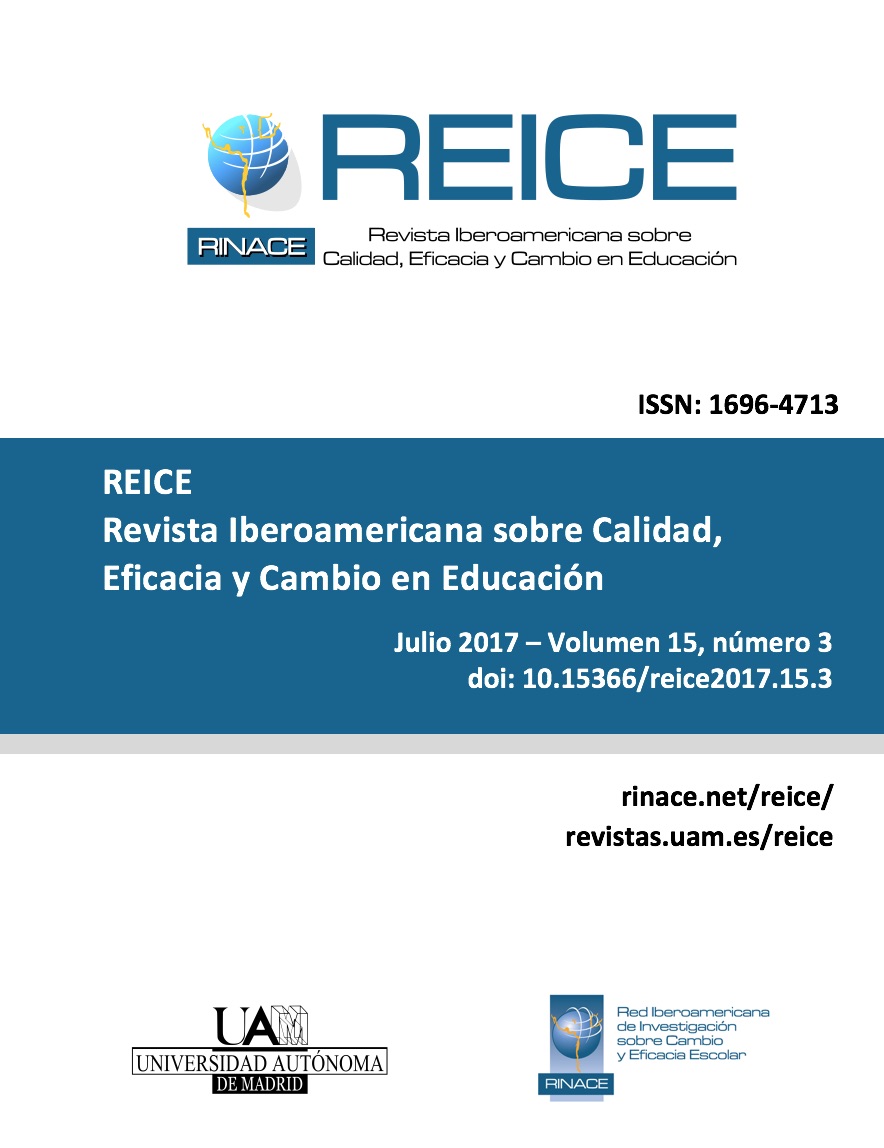The School Principal's Communication Skills and Conflict Management in Puerto Rico
Keywords:
Communication, Conflict of work, Education manager, Communication management, Education.Abstract
The present research study the communication skills of the school director and conflict management in the middle schools of two school districts of the Department of Education of Puerto Rico. The research was carried out using a descriptive correlational design. According to theresults it was determined that there is no significant relationship between the communication skills of the school director and the total number of conflicts resolved in the school site. According to the findings, the communication skills that the participating school principals use in the conflict mediation process are: To inform about the conflict to be addressed, to inform the truth about the conflict to be treated between the parties involved in the dissolution process of The conflicts in their schools and evaluate the positive and negative effects to carry out the conclusion of the conflict in their schools. Other communication skills used by participating school principals according to the findings are: to verify the negative traits, to consider the truth of the conflict data, before being a mediator and to know the parties involved and to establish agreements on an equal basis to cause The dissolution of the conflict in their respective schools.
Downloads
References
Champion, J. (1981). Las estadísticas básicas para la investigación social. Ann Arbor, MI: Universidad de Michigan.
Covey, S. (2003). Los 7 hábitos de la gente altamente efectiva: la revolución ética en la vida cotidiana y en la empresa. Buenos Aires: Editorial Paidós
Fernández, S. y Franco, A. (2010). Fundamentos epistemológicos para un modelo de comunicación en situaciones de conflicto. Revista Internacional de Filosofía Iberoamericana y Teoría Social, 15(1), 113-125.
Habermas, J. (1987). Teoría de la acción comunicativa. Madrid: Taurus.
Habermas, J. (2001). Teoría de la acción comunicativa: complementos y estudios previos. Madrid: Cátedra.
Kilmann, T. (1981). The Thomas-Kilmann, Conflict Model Instrument. Nueva York, NY: Tuxedo.
Mirabal, D. (2003). Técnicas para manejo de conflictos, negociación y articulación de alianzas, efectivas. Provincia, 10, 53-71.
Pareja, J. (2005). Estrategias e instrumentos: Un modelo para la resolución de conflictos. Temáticos Escuela, 14, 21-22.
Rodríguez, T. (2005). En busca de la paz. San Juan: Ediciones Norte.
Rozenblum, S. (1998). Mediación en la escuela. Resolución de conflictos en el ámbito educativo adolescente. Buenos Aires: Aique.
Salkind, N. (1999). Métodos de investigación. Ciudad de México: Prentice Hall.
Serrano, M. (2013). La comunicación asertiva del director en el manejo de conflictos laborales. Zulia: Universidad de Santa María.
